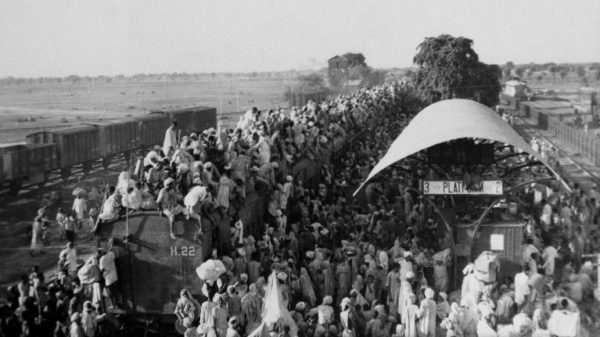

The identity crisis spawned by Partition also spills into present-day Bangladesh, which became a part of Pakistan (and was called East Pakistan) in 1947—until gaining independence following a 1971 war. Bangladesh, like India, boasts secular traditions, but they’re under fire amid the rising influence of Islamist extremist. Tensions are growing between Islamists and secularists; one flashpoint is an ongoing series of trials that have so far led to the execution of five Islamist politicians accused of war crimes during the 1971 war. Partition, which unleashed such devastating levels of religious violence, is also a major driver of the hostility that inflames India-Pakistan relations hostility that has provoked four wars. In both countries, important influencers religious leaders, the media and the state itself propagate hostile narratives about their hated neighbor.

Above all, Partition has given India and Pakistan perpetual identity crises. Both countries have struggled to define the role of religion in the state. Independence leader Muhammad Ali Jinnah once spoke of Pakistan, which was established as an Islamic state, as a haven for religious tolerance and diversity. However, subsequent leaders Islamicized the country, helping give rise to the religious extremism that afflicts Pakistan today. Sadly, the Pakistanis most vulnerable to extremist violence are religious minorities—whose families, decades earlier, made the brave decision to stay put at Partition.